Sardar Patel’s great ambition was to consolidate India into one united whole and to make it administratively and economically strong. In the five thousand years of history, India was never united, it had always been a group of different states. At the time of Independence there were five hundred and sixty odd states which occupied two-thirds of India and one-third of India was British India. Sardar Patel dealt with the complex question in a masterly manner and almost within a year, he redrew the map of India with almost all the states joining the Indian Union and forming a part of the political and cultural life of the mainstream. It was a remarkable achievement a almost all the princes surrendered their rights willingly and peacefully which was no vital for India’s prosperity and greatness. Sardar Patel’s Secretary V. Shankar aptly observed: "Today whatever may be the disruptive forces that may threaten the country, the political solidarity and integrity established by Sardar’s statesmanship, still holds". Sardar Patel’s second ambition was to ensure the survival of a united country through the instrument of a strong and independent Administrative Service without any political interference which he considered "the most dangerous thing in a democracy." In 1946, Patel called a conference of Provincial Chief Ministers or Prime Ministers, and with their concurrence created two new cadres-"The Indian Administrative Service" and "Indian Police Service" to take the place of the former Indian Civil Service and Police Service. These two Services comprised, as their predecessors of provincial cadres, but their recruitment, conditions of service and disciplinary proceedings were regulated by the Central Government and the Federal Public Service Commission. Despite the unwillingness of the Chief Ministers who wanted the Services under their complete control, Sardar Patel forced on them the concept of an All India Service. As Michael Edwardes observed in his Life of Nehru: "The preservation of this inherited structure of administration not only kept essential services running but permitted the effective establishment of government authority in the first years of independence. As the establishment of law and order and authority was the most urgent task facing the new India, this was Patel’s contribution to the nation."
Thematic Volumes on Sardar Vallabhbhai Patel: Kashmir and Hyderabad
This is the first volume in ...
$18.90
$21.00

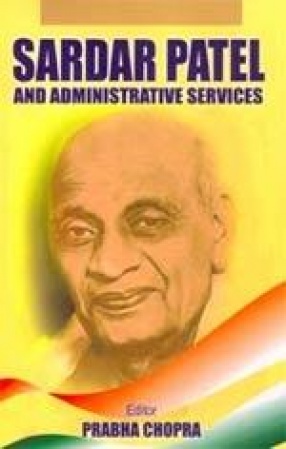
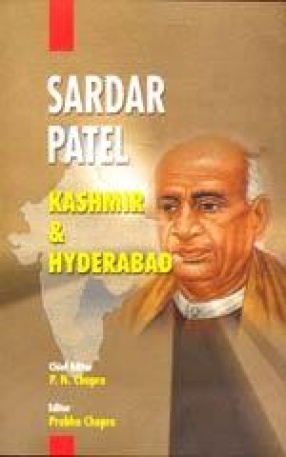

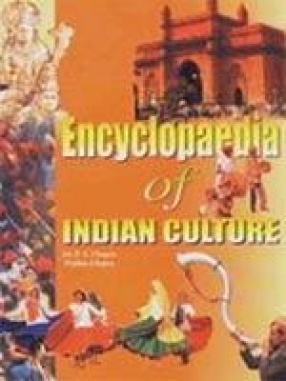
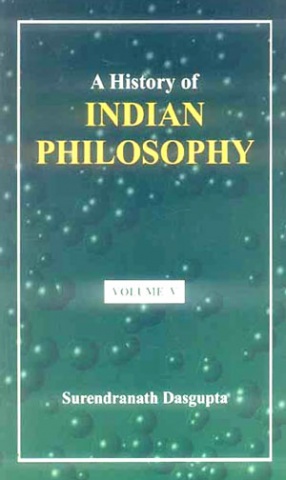
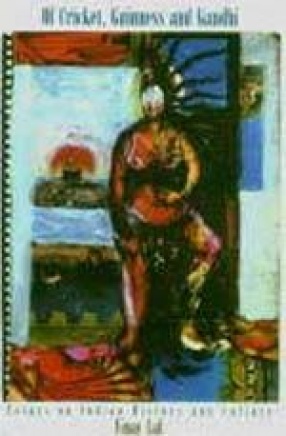
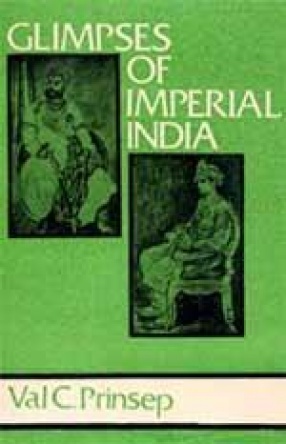
There are no reviews yet.